Palm Learning Goals
Guided by the mission of raising ethical and excellent leaders, the Executive Team, faculty and staff of Palm developed student learning goals that provide faculty and students a shared understanding of the purpose of the College, what graduating seniors are expected to know and exhibit at the end of their education at Palm as it relates to industry needs. The learning goals are assessed on semester basis to determine whether students are achieving the expected outcomes. The assessment results inform and guide curricular and program design and development at Palm.
The following are learning goals that guide teaching and learning at Palm:
The following are learning goals that guide teaching and learning at Palm:
1- LEADERSHIP
- A Palm student and graduate is an incorruptible individual who takes up positions of responsibility and exerts positive influence.
- Palm students and graduates will acquire the set of practical skills and tools they need to solve problems in our society (Ghana and Africa) and businesses.
- Palm students and graduates will acquire skills, competences and tools such as time management, meeting management, group and team building and management.
- Palm students and graduates will learn how to communicate effectively (using written and spoken word, non-verbal language, electronic tools and technology, and listening skills) to develop relationships, manage conflicts, and work across differences.
- Palm students and graduates will learn the skills to engage in conflict productively and work toward conflict resolution in our society and business.
2- ENTREPRENEURSHIP
- Palm students and graduates will be equipped with cutting-edge knowledge (ability to assess business opportunities and understand what typical characteristics of success and failure looks like) and skills (collect and analyze data to assess the attractiveness of business opportunities) on how to successfully develop competitive products, services and businesses to solve challenging problems in Ghana and Africa with very limited resources and time constraints.
- That Palm students and graduates will be able to apply the above knowledge, skills and competences in the context of new enterprises, established companies and society in general.
3- ETHICS, INTEGRITY & PROFESSIONALISM
- Palm students and graduates will be sensitive to the ethical requirements of society and business activities.
- Palm students and graduates will opt to do the right thing when no one is looking.
- Palm students and graduates will demonstrate professional conduct in business settings locally and internationally.
4- CRITICAL THINKING
- Palm students will be skilled in critical thinking and decision making buttressed by the appropriate use of analytical and quantitative techniques.
- To “think critically” means the scholarly process of analyzing, applying, synthesizing and/or evaluating relevant information gathered through observation, experience, reflection, reasoning, or communication for the purpose of answering questions, inquiries, make predictions, or draw reasonable conclusions.
5- COMMUNICATION & CREATIVITY
- Palm students would learn how to and be able to communicate effectively in speech and writing.
- Palm graduates will be effective communicators who can prepare and deliver oral and written presentations using appropriate, relevant and current technologies and software to communicate with a particular audience, solve business and societal problems and assist with effective decision making.
6- DECISION MAKING
- That Palm students and graduates would be capable decision makers, employing problem solving skills, techniques and methodologies, critical thinking skills, and ethical reasoning at every point in time.
7- COLLABORATION
- Palm students and graduates will work effectively in diverse groups and teams, embrace diversity and treat others with respect.
- Palm students and graduates will appreciate active collaboration that values experience and insight from the people who will challenge them to grow as individuals and members of groups and teams.

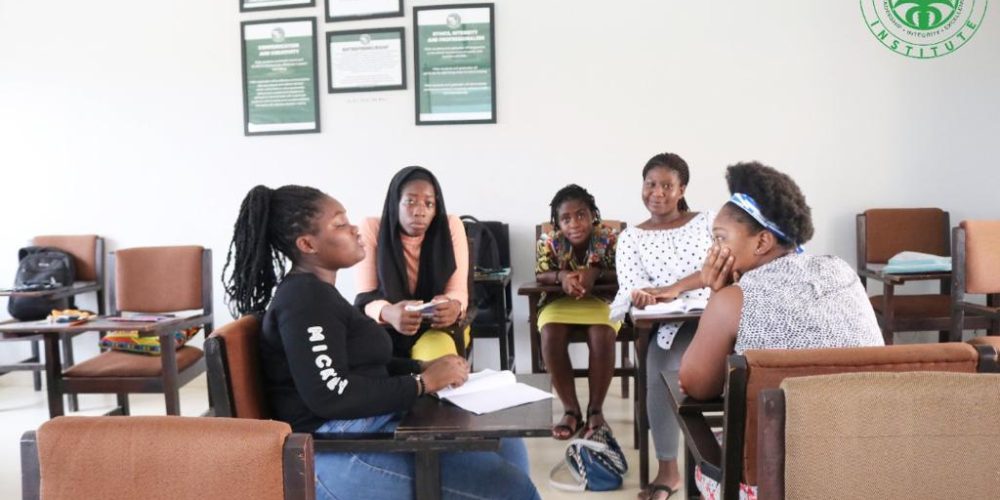
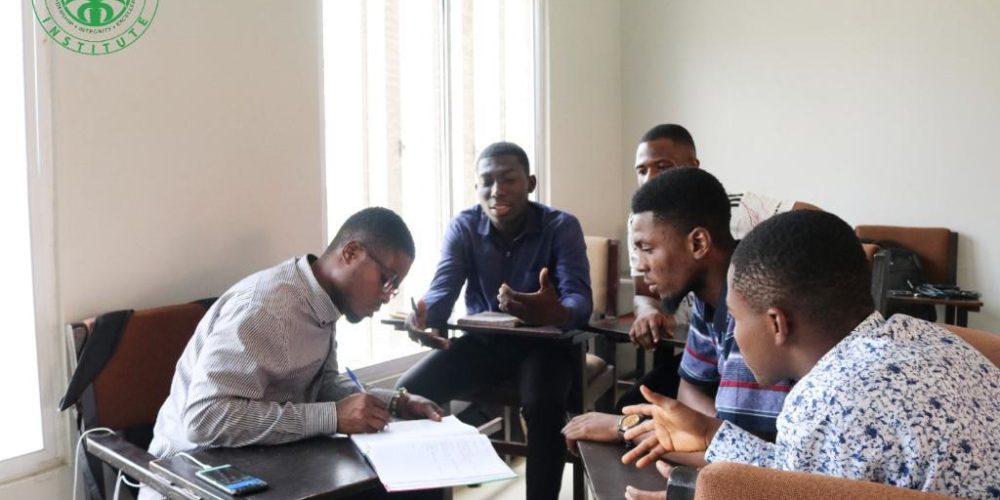
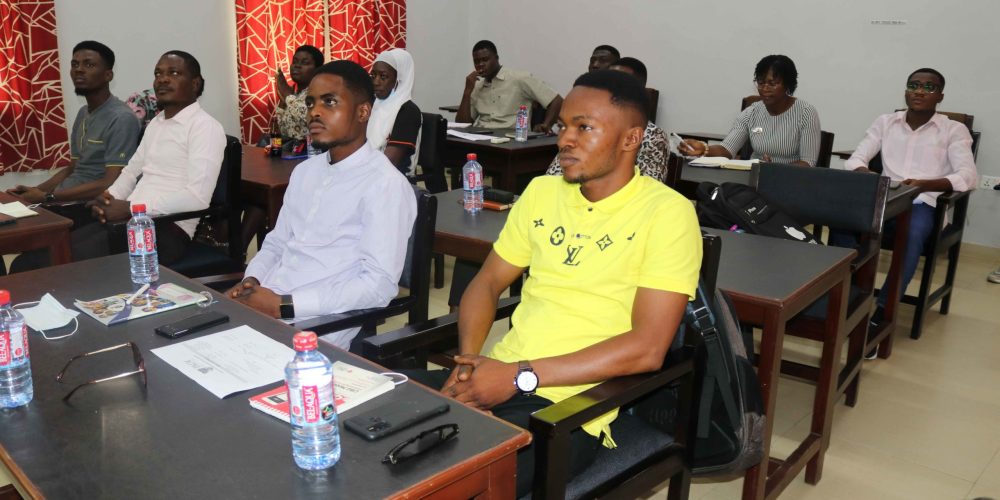
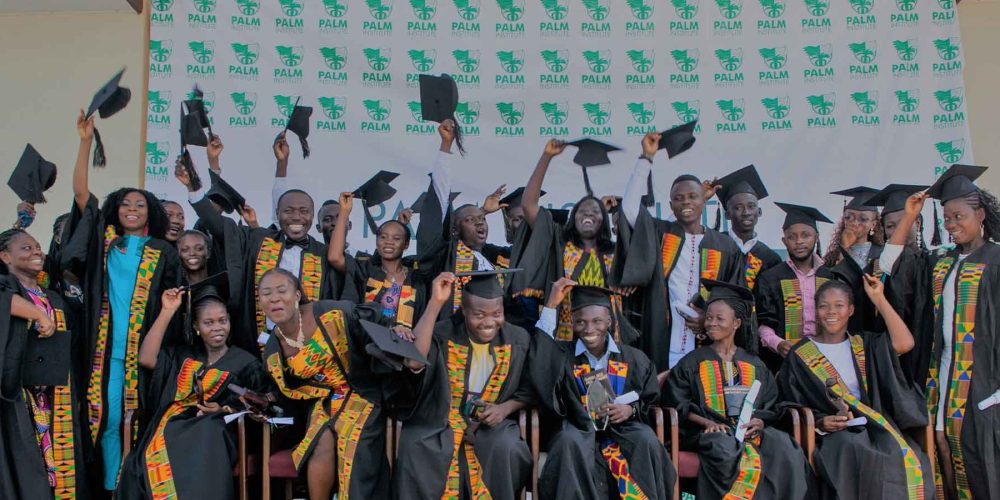


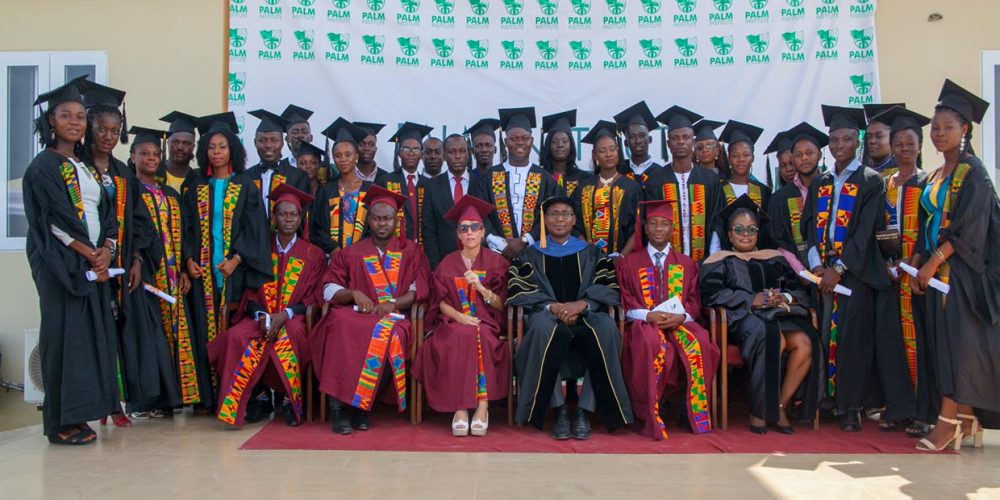
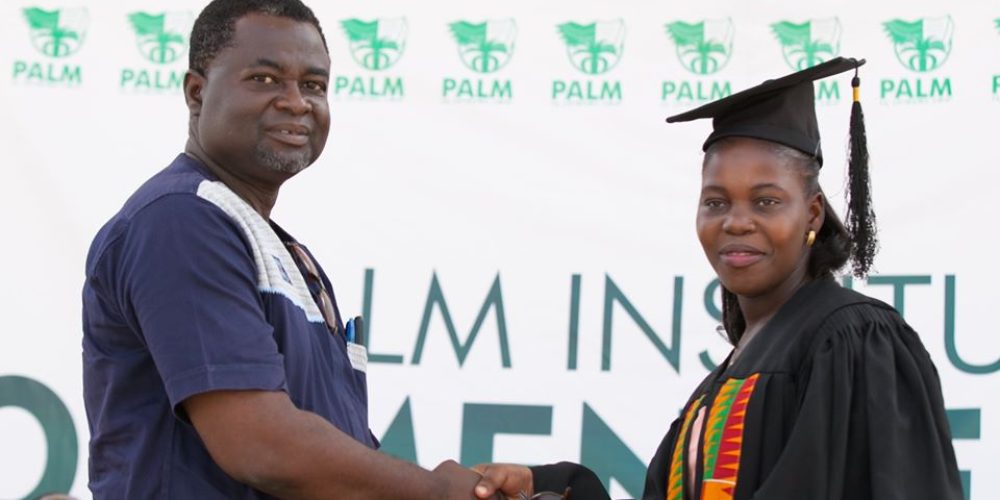
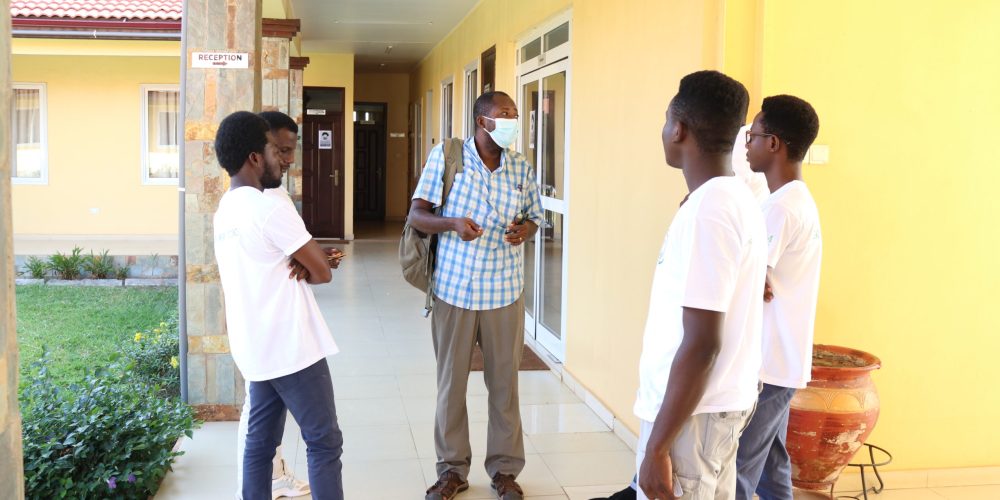
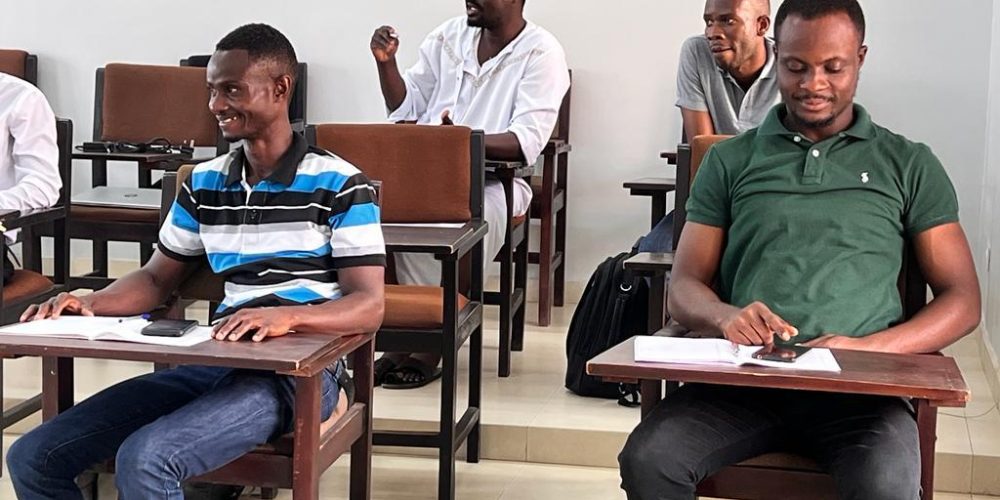
Liberal Arts Core Curriculum Learning Outcomes
- Palm students will develop the necessary writing skills to share knowledge, present analysis, and engage effectively in daily workplace communication.
- Palm students will employ appropriate technology to collect, analyze, synthesize, and disseminate information to all stakeholders.
- Palm students will use mathematical principles to interpret and represent information in various mathematical forms and perform computation and quantitative analyses to solve real problems and draw appropriate and reasonable conclusions.
- Palm students will incorporate essential knowledge, theories, models and research methods in the social sciences, history, and behavioral sciences to analyze and propose solutions for social, political, and economic problems in Africa.
- Palm students will use information literacy principles to locate and evaluate information for relevance, reliability, and currency in business and society.
